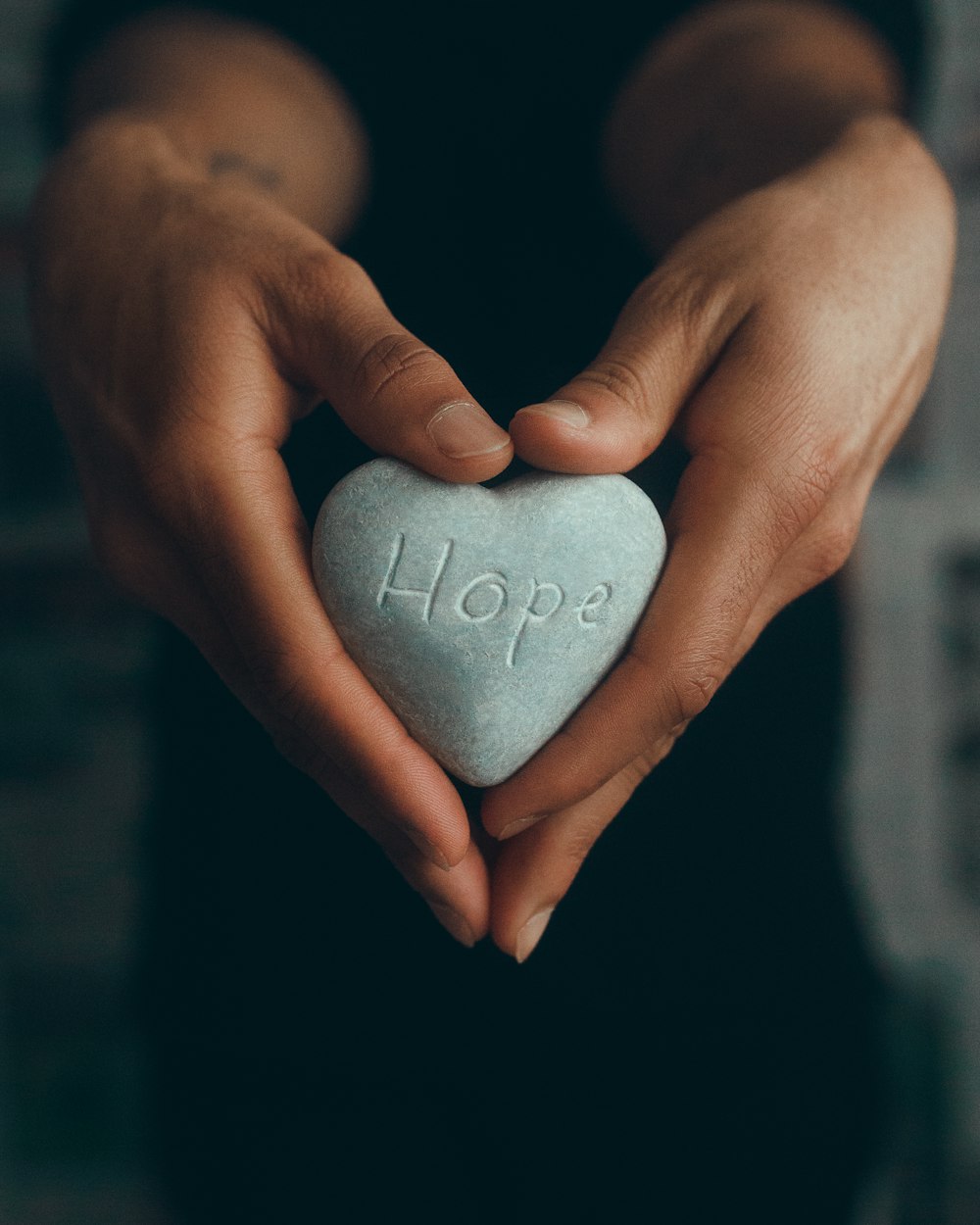Hope
What's the most important thing if your child is struggling with school or hasn't attended for months?
image: Ronak Valobobhai under Unsplash.
What’s the most important thing, if your child is struggling with school attendance?
It’s not to force them back in as quick as possible for fear of the terrible consequences if they don’t go. It’s not to pressure them and tell them how important it is and how their life will be so much harder if they don’t go. It’s not to show them who’s boss, and set consequences for non-attendance. It’s not even to fight the school for accommodations or the LA for your EHCP.
It’s to keep up the hope. It’s to keep alive the knowledge that school is a short period in a human life, and that struggling at school doesn’t mean that you will struggle for the rest of your life. Our children don’t know that, in their short lives, school is most of what they know.
It’s to show them that learning can happen outside school, and that there are so many ways to learn. It’s to show them that learning isn’t confined to an institution or only found in classrooms. Our children don’t know that, they’ve been told that they must be at school or they won’t be learning.
It’s to help them find a life worth living, whether or not they go to school. To find them connections and opportunities, people who will listen to them and bring new ideas to their life. It’s to help them live a meaningful life, right now.
It’s to show them that learning outside school can be exciting, and vibrant, and stimulating, and that you don’t think that worksheets are superior to exploring your interest in horses or fish or fireworks.
For not all of our children can thrive at school. Those four walls are not the right place for all of them. But all of them need hope. They need to know that school isn’t the only way.
At the very least we can tell them that.



Thank you for this article. We have decided to take both our ND children (age 8 and 11) out of school this year. Youngest hasn’t attended for 6 months and eldest was badly bullied in secondary though coped with primary school. Both are so much happier and already have plans to learn things of interest to them, sometimes things they’d learn in school but not always. Eldest found it hard to think about there being another way as he had always been at school but as we talked about possibilities and he saw that he didn’t have to just submit to the expectations of others, he began to see that there was another way. We set it originally as an experiment for a year and he could go back if he wanted to - by the end of the school year (after 6 weeks discussion), he was so relieved to be NOT EVER going back to school. We feel much less stressed immediately as a family and more ready to face the challenges of next year. Interestingly, despite it being the ‘summer holidays’, both boys are more engaged in learning already than they have been all year, there are less arguments and everyone is happier. Thank you for this substack which led us to your books which all gave us the confidence as a family to do what it right for us rather than trying to squeeze the boys into a world which does not suit them.
Bravo, Naomi Fisher! Finally, someone with knowledge and authority is making sense about kids and learning. I was a teacher. They gave me all the ‘bad’ kids in the high school. I listened to them. School started at 7am…but these kids met me behind the school at 6:30am to watch the sun come up and then they were ready for the day. I also got blackballed from the district. Apparently, it was more important for me to eat lunch in the smoke filled teachers lounge, than to eat with the kids (plus when the ‘bad’ kids looked good….it made their usual teachers look rather ‘bad’.